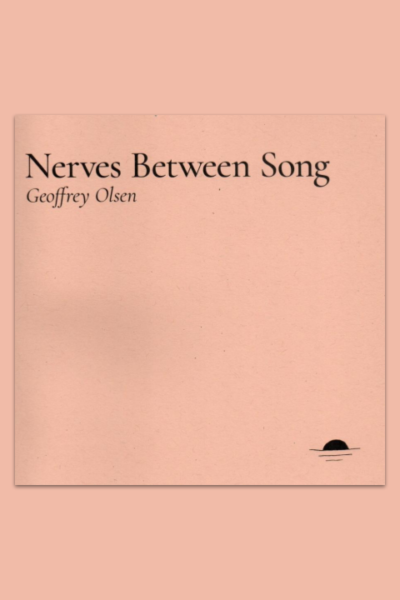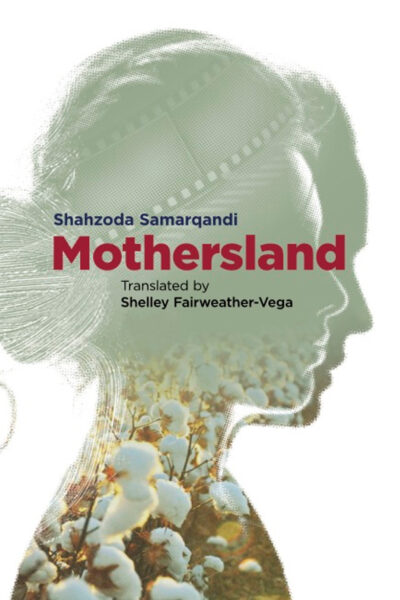Ordinary Devotion – Kristen Holt-Browning
ORDINARY DEVOTION is an original work on the ancient and current theme of women’s desire for respect in a society that often devalues them.
The Obscene Bird of Night – José Donoso
Donoso poses the same question to the novel form that he poses to the aristocracy: What is the monstrosity that beauty and order are trying to suppress? We enter a novel where timelines are hopelessly confused, boundaries between characters are thin to the point of nonexistence, dark magic abounds.
Shadow of My Shadow – Jennifer Doyle
Doyle turns to literature to imagine an idyllic world where complaints are taken seriously.
Nerves Between Song – Geoffrey Olsen
Even as human exceptionalism and capitalist greed threaten the survival of “other worlds,” life manages to return amid the ruins.
In Raisa Tolchinsky’s take on Dante’s INFERNO, we are ushered into hell not by Virgil but by a chorus of female boxers.
Reservoir Bitches – Dahlia de la Cerda
In a country that has one of the world’s highest femicide rates, an irreverent tongue works as an imperfect, slapdash shield.
Misinterpretation – Ledia Xhoga
[Xhoga’s narrator] lives a double life, oscillating between a state of deep intimacy and complete isolation.
[The protagonist’s] worst fears about the corrupting properties of domination have come true. They have moved through this particular crosscurrent of power and emerged someone they never wanted to be.
Mothersland – Shahzoda Samarqandi
Mahtab has translated herself into her mother, and she has translated the past to make it her own.
Love the World or Get Killed Trying – Alvina Chamberland
A dangerous hypervisibility . . . follows trans women onto every street corner, every subway car, every first date with a man, making us less safe every day of our lives.











